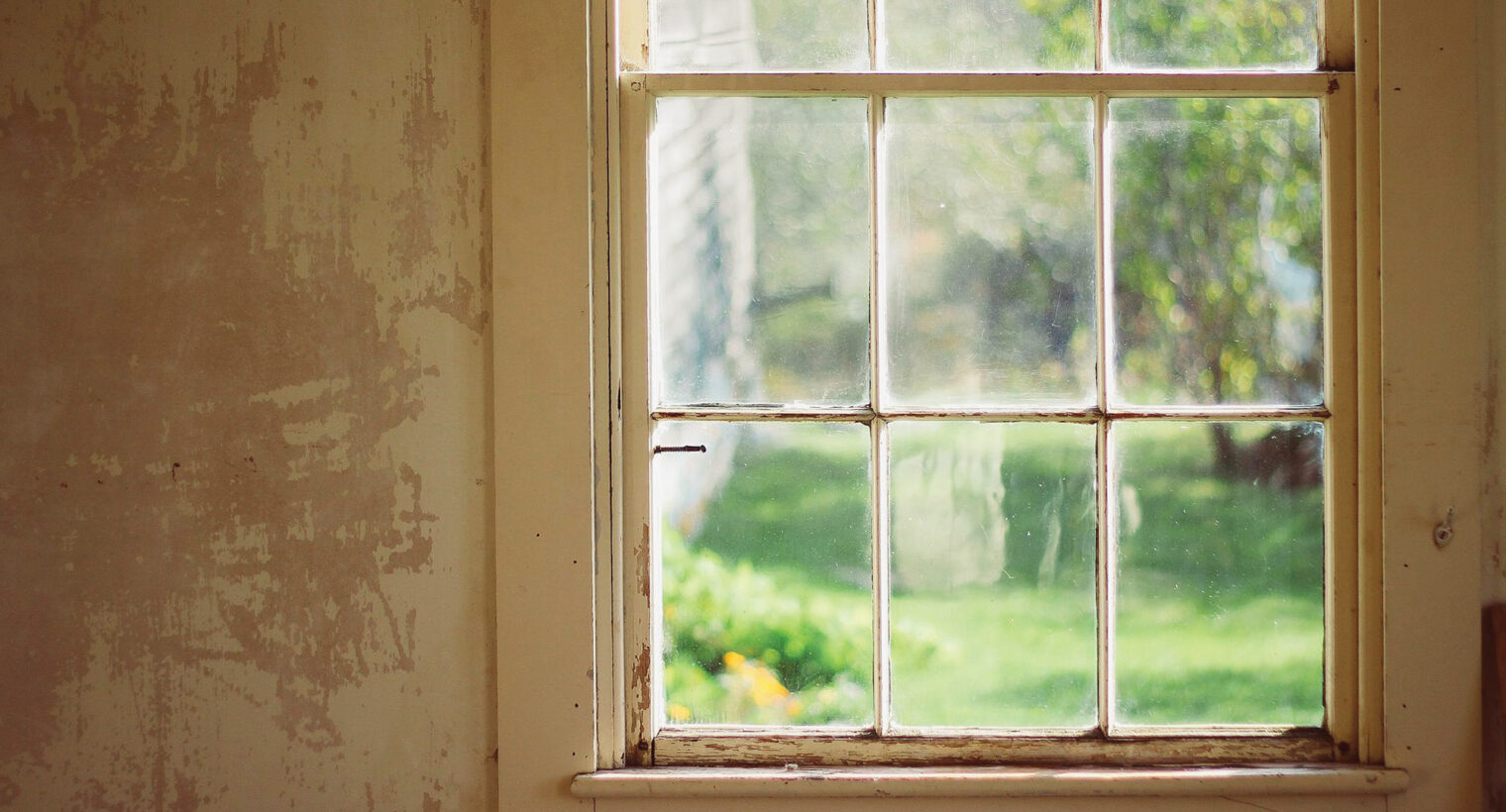This article is your guide on how to improve the air quality in your home. It’s an often overlooked aspect of home maintenance that can affect everything from your sleep quality to your overall energy levels. In this guide, we’ll explore a variety of strategies to help you reduce indoor air pollution, from basic practices like improving air circulation and using the correct cleaning products to more advanced measures such as maintaining your HVAC system.
So, if you want to learn some simple tips on how to improve air quality in your home, keep reading.
We hope you find this post helpful and if you are looking for different ways to become more energy efficient be sure to check out our energy savings calculator!
The Energy Professor Electricity Rate Check Tool
How to Improve the Air Quality in Your Home
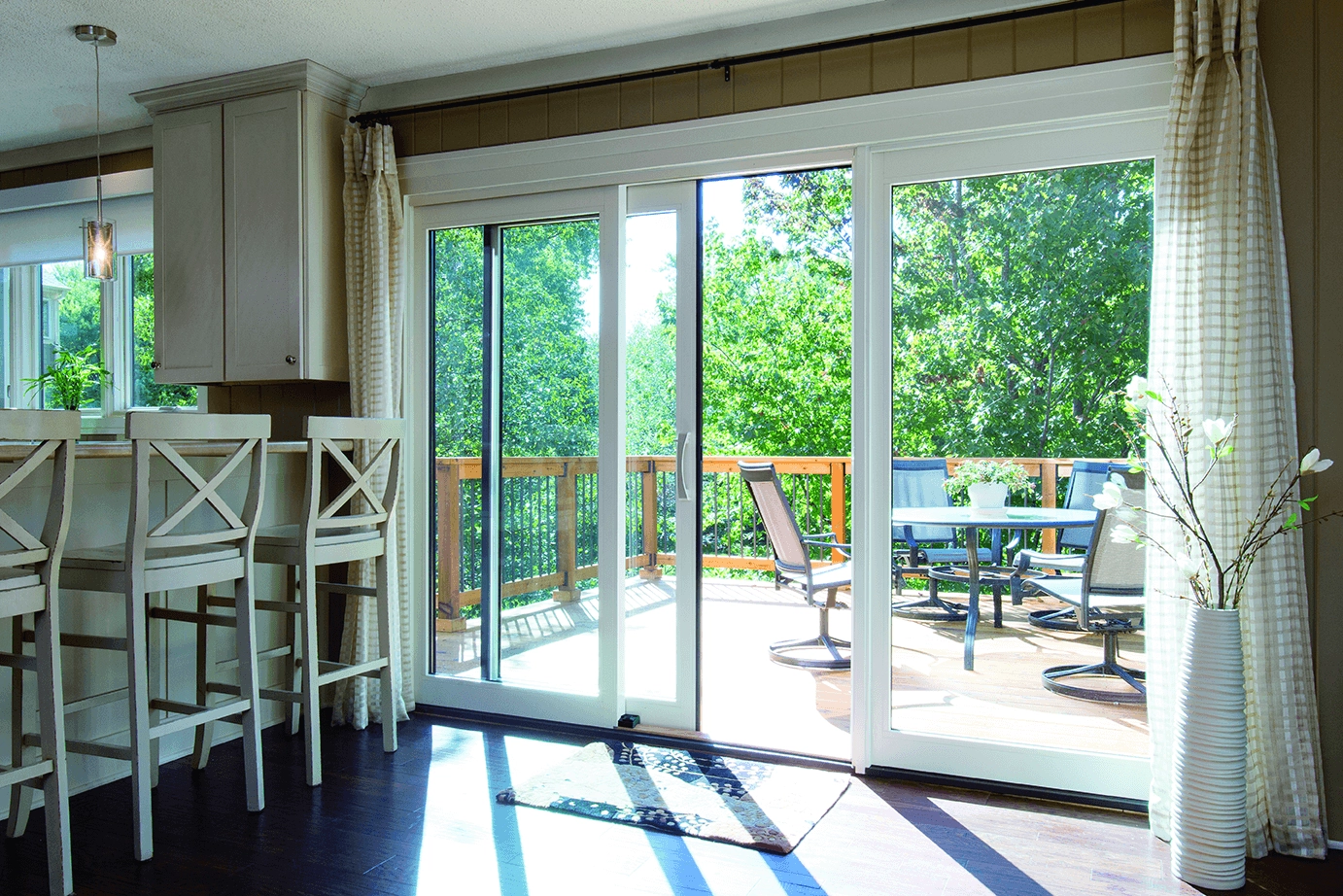
If you’re feeling like outdoor air pollution or your allergic reactions are getting the best of you, it might be time to improve the air quality in your home. The nice thing about improving the air quality in your house is that a lot of the fixes also help you save money on your energy bill with better maintenance of your home’s cooling and heating system. A healthy HVAC means less energy needed to operate a poorly functioning system, which means lower electricity bills.
What are the Best Tips for Improving Air Quality?
- Improve air circulation: Simply having open windows and your doors for at least 10 minutes each day can drastically improve airflow and reduce indoor air pollutants.
- Source Control: Eliminate sources of pollution by choosing furniture and materials that emit fewer pollutants.
- Improve Ventilation: Use exhaust fans in bathrooms and kitchens to remove contaminants like carbon monoxide directly from these rooms and enhance overall airflow.
- Air Cleaners: Invest in air purifiers that can filter out high levels of particles and allergens from the air.
- Get a Dehumidifier: Reducing humidity levels can help prevent the growth of mold and mildew in living spaces.
- Maintain HVAC: Regular maintenance of your heating system, ventilation, and air conditioning system is essential to keep it running efficiently and filtering small particles efficiently.
By incorporating these strategies, you can significantly improve indoor air quality and create a healthier home environment.
Related Post: 6 Easy Tips for Air Circulation At Home
Open Your Doors or Windows for at Least 10 Minutes Each Day
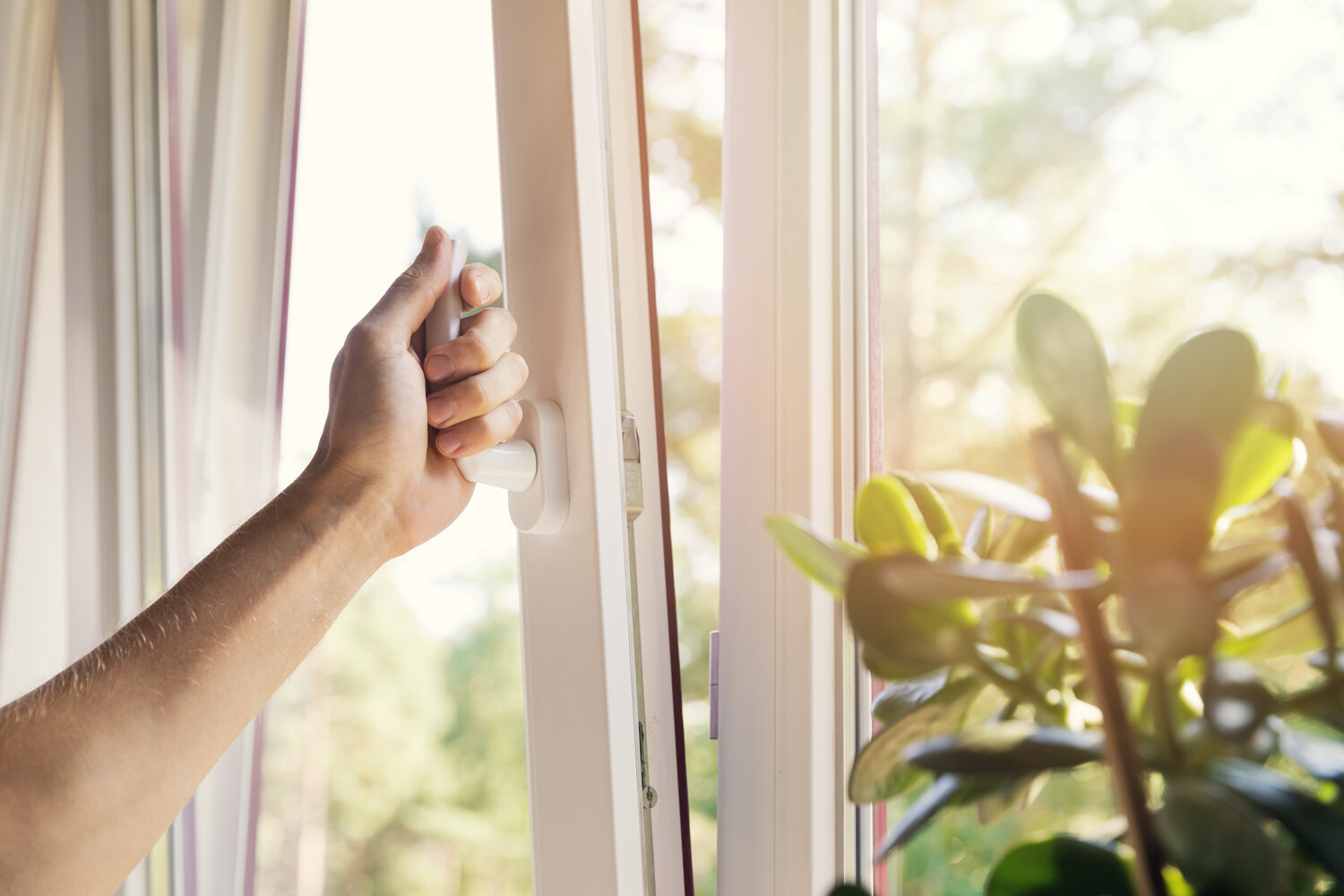
One of the simplest yet best ways to improve air quality in the home is to enhance natural ventilation. Opening your windows and doors for at least 10 minutes a day allows fresh air to circulate, pushing out any sources of indoor air pollution. This practice not only refreshes the air but also helps dilute indoor health hazards that create poor air quality in your home. The best times to do this are during the early morning or late evening when the air pollution levels outside are lower and the temperatures are cooler.
So, truly open the windows and smell the fresh air. It’s the cheapest way to improve air quality and circulation in your home.
Related Post: How Much Does it Cost to Run an Air Conditioner?
Source Control
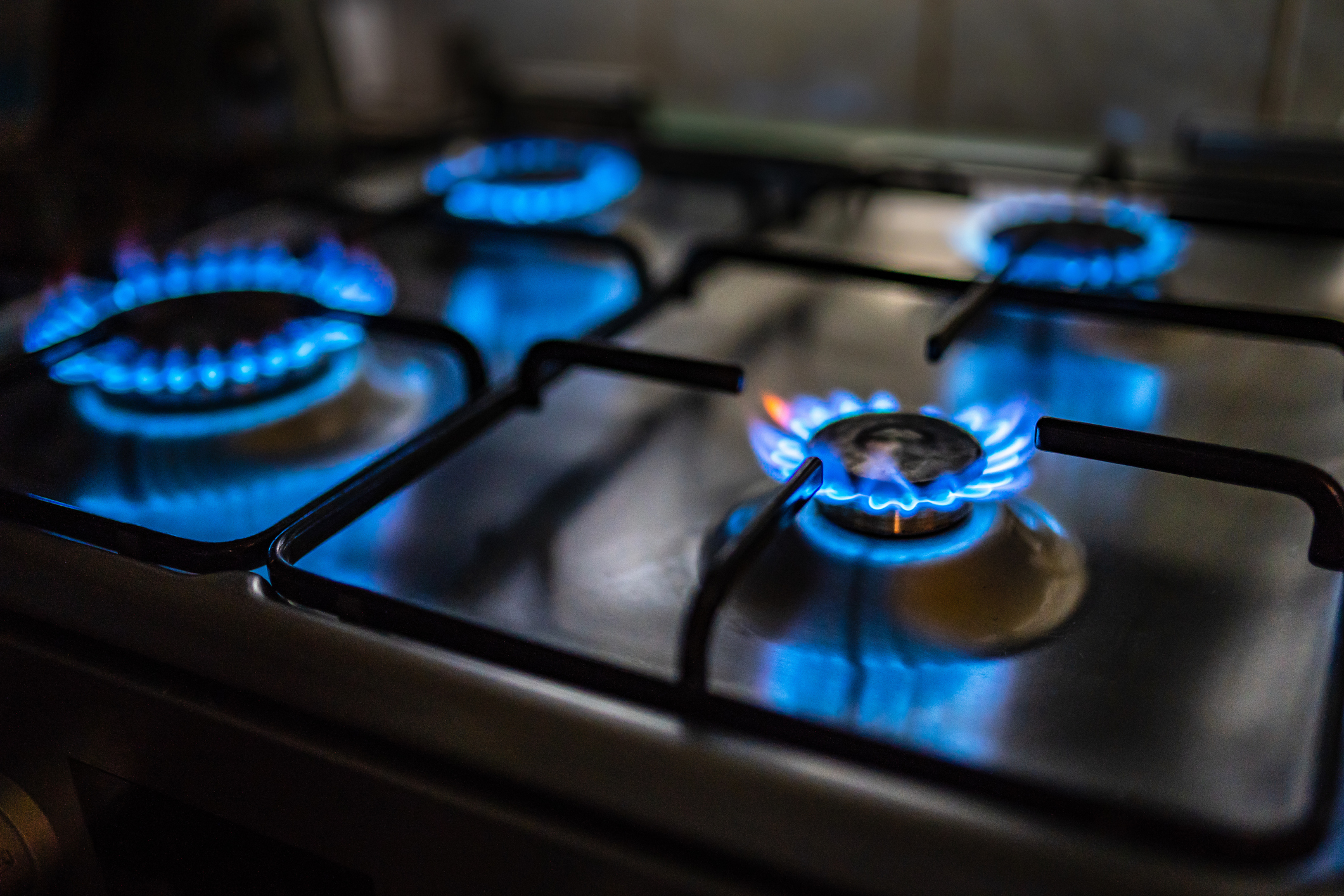
Ideally, finding and minimizing household air pollution before it can build up is key. This involves selecting household products and materials that release fewer chemicals into the air. For instance, opt for low-VOC (volatile organic compounds) paints and flooring, which emit fewer harmful chemicals than their traditional counterparts. Additionally, regular cleaning to remove dust, personal care products, and other particulates can greatly reduce the pollutant levels in your indoor environment.
Make sure that there is no asbestos in your home, or if you’re using a gas stove to ventilate the area while cooking.
Related Post: Is There A Gas Stove Ban?
Improve Ventilation
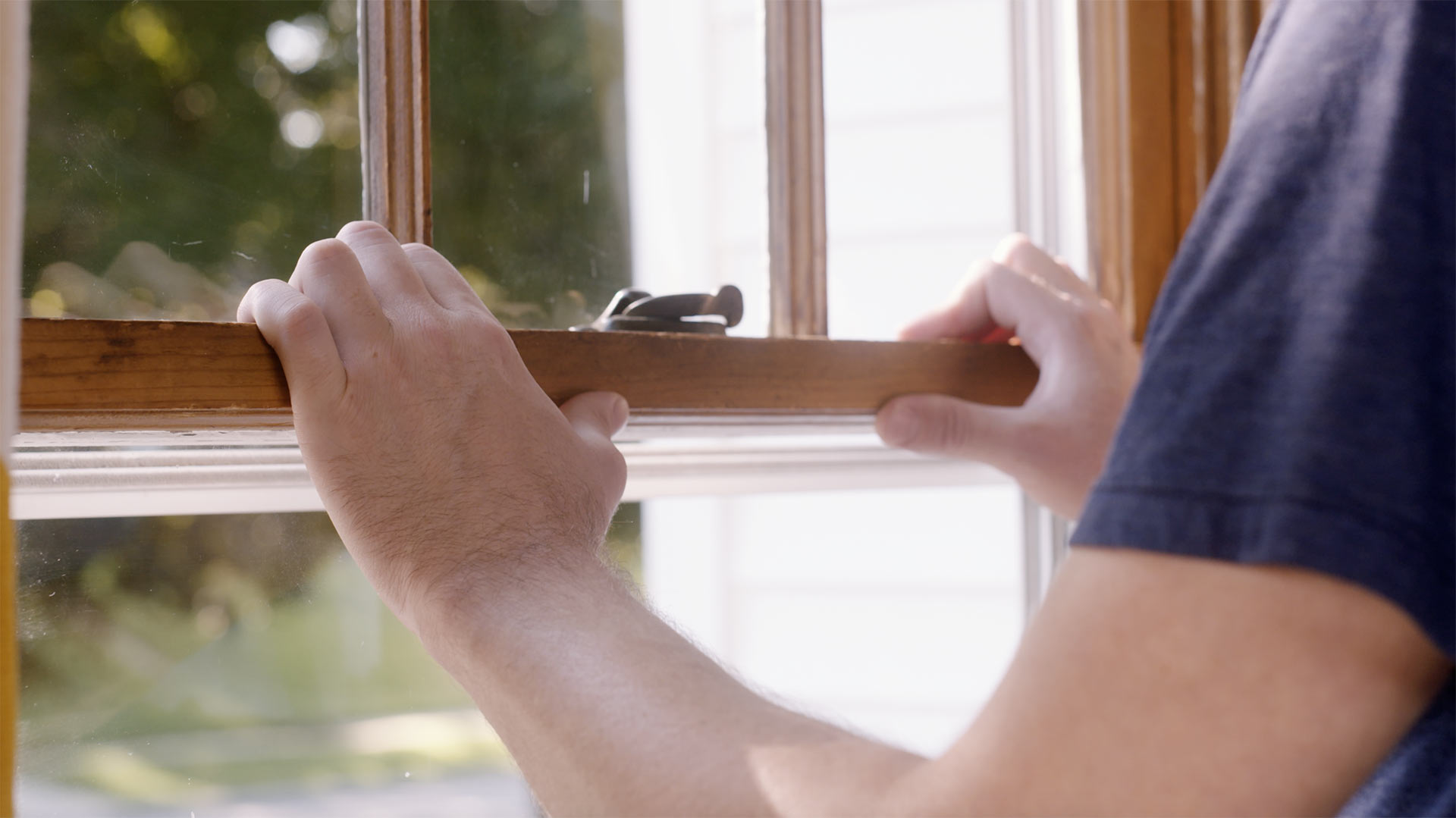
Enhancing your home’s ventilation system is also a big factor in maintaining good indoor air quality. Utilize exhaust fans in the kitchen and bathrooms to expel pollutants directly to the outside. Ensure that air can flow freely through all areas of your home. Consider integrating a whole-house ventilation system for continuous air exchange, especially in tightly sealed, energy-efficient homes where natural airflow might be minimal.
Most people do not know that HVAC systems do not bring fresh air into your home, so if you’re painting, burning candles, or cooking those pollutants can be circling your house if you don’t properly ventilate.
Related Post: What is Radiant Barrier Insulation?
Air Cleaners and Filters
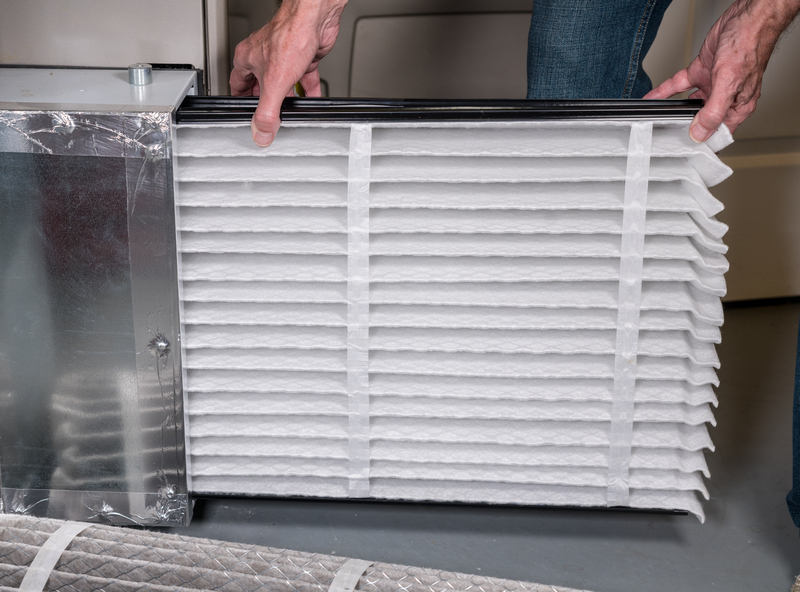
Using air cleaners and upgrading HVAC filters are effective ways to improve indoor air quality. Air purifiers can remove the majority of airborne particles, including allergens like pollen, mold spores, and pet dander. Look for devices with HEPA filters for the best results. Additionally, replacing your HVAC system’s air filters regularly ensures it runs efficiently and continues to remove particulate matter from the air.
You can find a cheaper, tabletop air filter that might not work as well as a whole-house system, which is designed to be extremely efficient.
Related post: Why Does My House Get So Dusty
Get a Dehumidifier
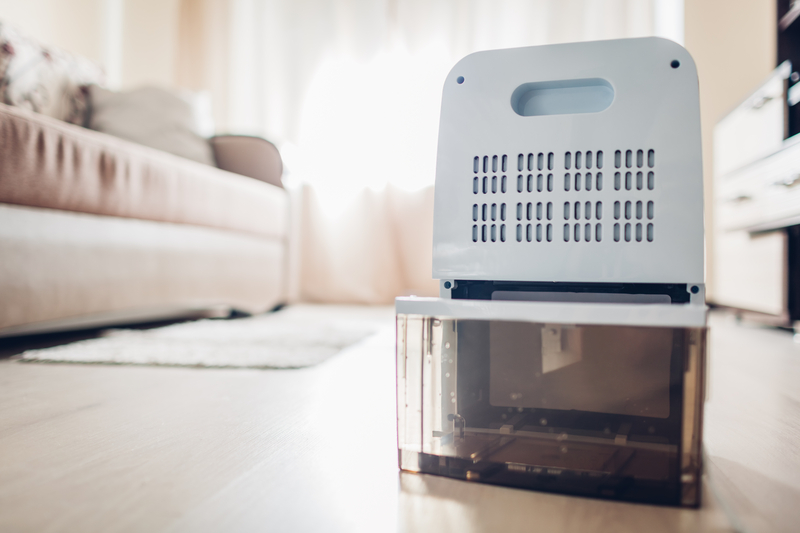
High humidity levels can worsen indoor air quality by encouraging mold growth and dust mite populations. A dehumidifier can help maintain indoor humidity at a comfortable and healthy level (typically between 30-50%). This not only helps with air quality but also enhances your comfort by making your home less clammy.
Especially if you live in a warmer, wetter state, it is guaranteed mold will be growing in your home if you aren’t managing the humidity levels.
Related post: Do Dehumidifiers Use a Lot of Electricity?
Maintain Your HVAC
Regular maintenance of your HVAC system is critical for both air quality and efficiency. This includes cleaning ducts, changing filters, and ensuring the system is functioning properly. A well-maintained HVAC system prevents the circulation of dust, mold, and other pollutants, and keeps your home at the right temperature and humidity level.
Even if you live in an apartment, you should be checking your filters and changing them every few months to help the air quality in your house. You would be surprised as to how much hair and debris can build up! Especially if you have pets, you’ll have double the hair and dust.
Related post: How Much Does it Cost to Run an Air Conditioner?
Tips to Improve Air Quality FAQ
Q: What is the Main Cause of Bad Indoor Air Quality?
A: The primary cause of poor indoor air quality is pollutants that originate both inside and outside the home. Inside, common sources include tobacco smoke, cooking and heating appliances, and volatile organic compounds from paints and cleaners. Outside, pollutants can enter the home through open doors, windows, and vents.
Q: How Much Ventilation Do I Need in My Home to Improve Air Quality?
A: The amount of ventilation required can vary depending on the size of your home and the number of occupants. As a general rule, ensuring that there is enough airflow to completely replace the indoor air with fresh outdoor air at least twice per hour is beneficial for maintaining good indoor air quality. This can be achieved through natural ventilation, mechanical ventilation, or a combination of both.
Do you Need Cheaper Electricity?
If you’ve taken the time to understand the information on your bill and discovered you’re paying more than you’d like for your electricity, have you looked around for a cheaper deal? The Energy Professor has a wealth of information on ways to save on your utilities, including details of top deals that could significantly reduce your monthly or quarterly electricity bills.
We hope you found this article helpful! If you are looking for ways to increase energy efficiency and sustainability in your home be sure to take a look at all of the latest renewable energy options in your area. The Energy Professor helps residential and small business owners find qualified energy suppliers in New York, New Jersey, Pennsylvania, Texas, Ohio, Maryland, Illinois, and Massachusetts

